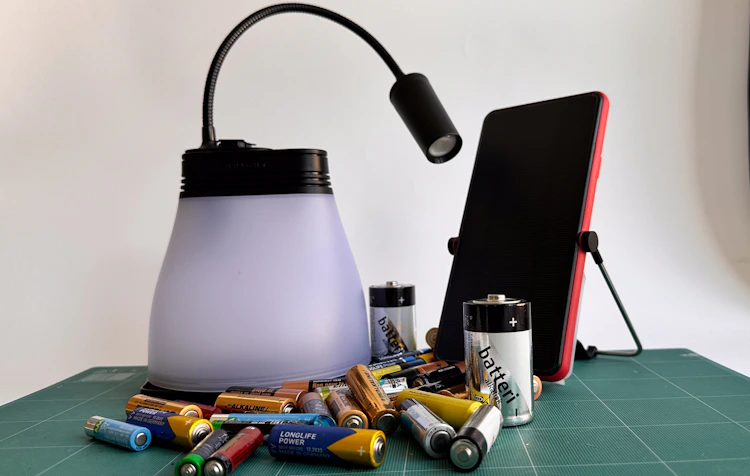How do portable solar lamps work?
Understanding how portable solar lamps work helps you make better decisions, whether you are supporting humanitarian operations, looking for dependable off-grid solar lighting or preparing for power cuts at home. This guide explains the fundamentals. We cover solar lamp basics, charging and storage, battery runtime, common misconceptions, and when portable solar lighting works best.
All articles
-
![Despite their simple look, portable solar lamps like the SunBell 2.0 Y, are compact energy systems.]()
- Science
- Insights
How do portable solar lamps work?
Understanding how portable solar lamps work helps you make better decisions, whether you are supporting humanitarian operations, looking for dependable off-grid solar lighting or preparing for power cuts at home. This guide explains the fundamentals. We cover solar lamp basics, charging and storage, battery runtime, common misconceptions, and when portable solar lighting works best.
Read more
-
![Solar Panel]()
- Sustainability
- Science
How does a solar panel work?
The Sun is 4.6 billion years old and an abundant source of clean and renewable energy, hitting the Earth with the equivalent output of around 1000 watts per square metre on a cloudless day. We can now easily convert solar energy into electricity thanks to solar panels. But how exactly do they work?
Read more
-
![BRIGHT SunBell 2.0 Y and BRIGHT Move solar lamps next to disposable batteries. A single BRIGHT solar lamp can replace up to 8,500 disposable batteries over its lifetime]()
- Sustainability
- Science
Replace disposable batteries with solar energy
Every year, billions of disposable batteries are discarded after a single use, polluting landfills with toxic heavy metals and harming ecosystems. But what if you could replace thousands of batteries with one solar-powered solution? BRIGHT’s innovative solar technology makes this a reality, offering a sustainable alternative that saves money and protects the planet.
Read more



